Inspired by home-flipping reality shows and a thriving culture of newfound 'experts' in late state bubbles, young real estate investors in the Bay Area and Seattle are getting hammered amid a slowing housing market combined with payments on high-interest "hard money" loans, according to Bloomberg.
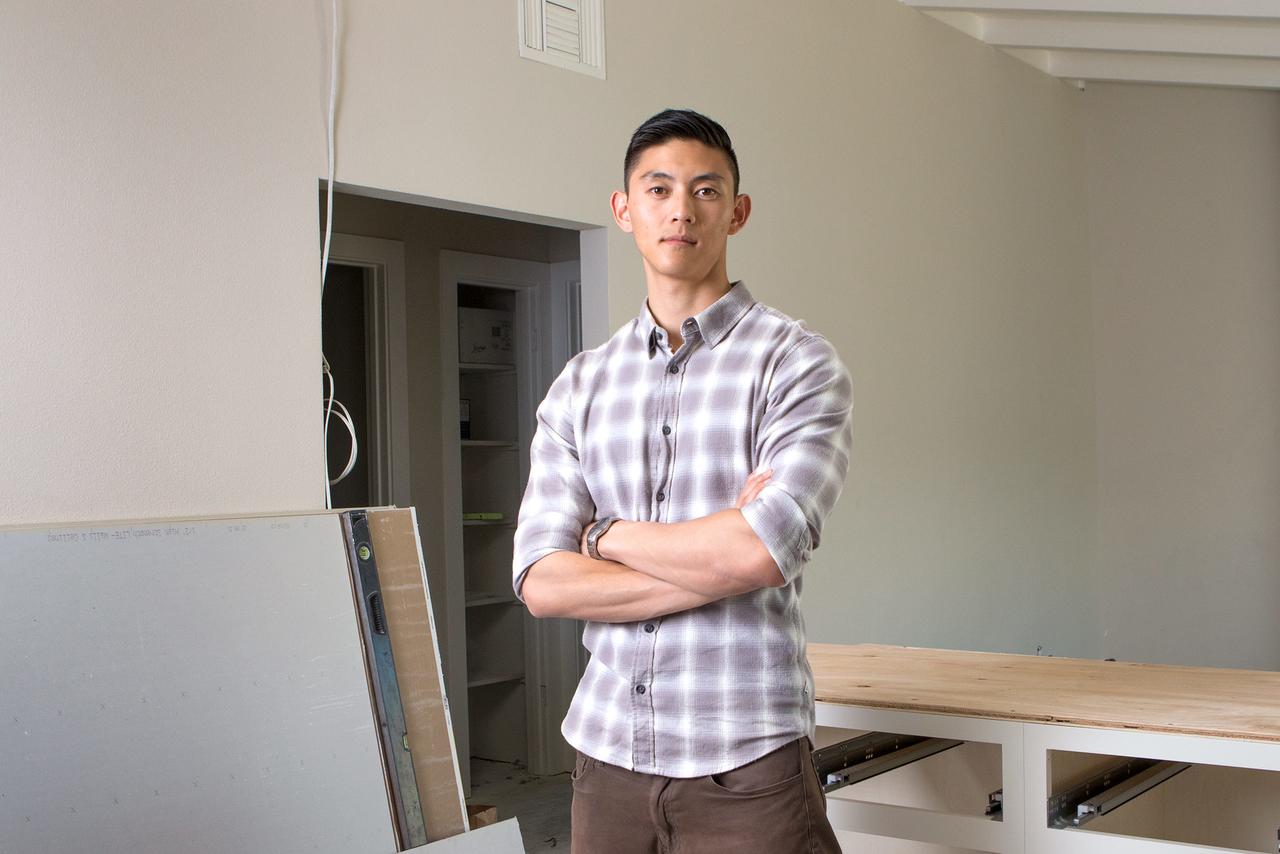
One such young investor, aerospace engineer Sean Pan, got into property investing after reading Robert Kiyosaki's financial advice book Rich Dad, Poor Dad - then scouring online investment forums and meetup groups to expand his network.
Sean Pan wanted to be rich, and his day job as an aeronautical engineer wasn’t cutting it. So at 27 he started a side gig flipping houses in the booming San Francisco Bay Area. He was hooked after making $300,000 on his first deal. That was two years ago. Now home sales are plunging. One property in Sunnyvale, near Apple Inc.’s headquarters, left Pan and his partners with a $400,000 loss. “I ate it so hard,” he says. -Bloomberg
As rapid price gains fueled a new crop of home flippers (2005 redux), young investors in areas which got 'too hot' are experiencing their first housing slowdown - and have been forced to take losses from properties sitting on the market too long.
As we noted in April, housing starts and permits came in cooler than expected - with starts experiencing their largest drop in 8 months in March, then falling 0.3% MoM (against expectations of a 5.4% rebound).
It was the weakest level of starts since May 2017...
The decline was broad-based:
-
Northeast: -28.3% Y/Y
-
Midwest: -28.0% Y/Y
-
South: -4.1% Y/Y
-
West: -19.5% Y/Y
Both Multi- and Single-family Starts dropped... with the latter at its lowest since Sept 2016
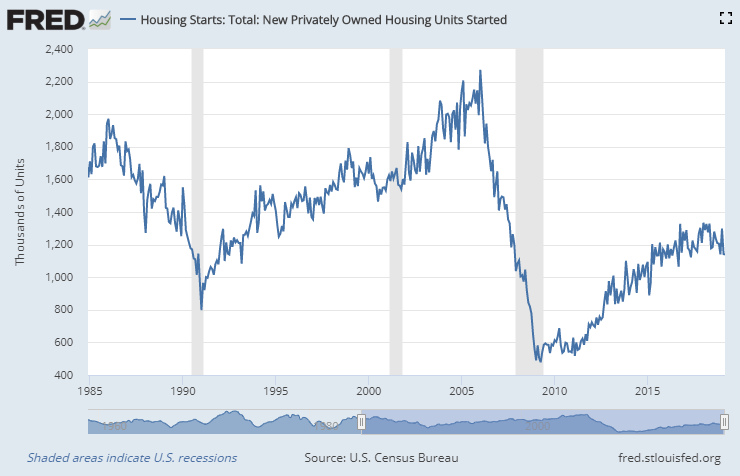
In Q4 2018, around 6.5% of property sales in the US were flips - or homes sold within 12 months of when they last changed hands, the highest seasonally adjusted share going back to 2002, according to CoreLogic. "It’s even higher than during the last boom, when there were more newly built houses for buyers to choose from," notes Bloomberg.
Such deals were particularly attractive in Western markets such as Northern California and Seattle, where prices climbed by double-digit percentages annually. But some areas got too hot, and prices are flattening or falling. Fourth-quarter losses for flippers who sold within a year were the highest since 2009, according to a CoreLogic analysis that looks at buying and holding costs, but not rehab expenses. In the San Jose area, 45 percent of flips lost money. -Bloomberg
"Flipping only works in an appreciating market where homes move quickly," says Denver-based Fairview Commercial Lending COO Glen Weinberg. "Those factors are now in flux, and that’s what’s going to lead to the demise of a lot of flippers." Fairview is one of many firms tightening its lending standards for real estate investors, according to the report.
Hard money loans are compounding matters for home-flippers who bought 'fixer-uppers' that needed costly upgrades. These high-interest / low down payment loans from private investment groups and investment banks typically include renovation costs, sort of like a student loan that covers room and board - except dischargeable in bankruptcy.
Unlike the last decade’s housing crash, in which speculators bought simply to resell, many of today’s flippers sink money into fixing up properties. Their hard-money loans, which come from private investment groups, often have high interest rates and low down payments. The loans also are bigger because renovation costs are folded in. -Bloomberg
Goldman Sachs and Blackstone Group have gotten in on the hard money loan craze, helping drive interest rates down on some of the loans to below 10%.
In response to slowing markets, some lenders "are easing capital requirements and lengthening loan terms because it’s taking longer to flip homes," according to Todd Teta, chief product officer at real estate tracking firm Attom Data Solutions.
...the latest boom has also lured people such as Rachelle Boyer in Seattle, who got into property investing after attending a $25,000 real estate coaching program. The course taught her to think big, stay positive, and never quit. In 2016 she left a six-figure job and started flipping houses. When demand slumped last year, she fell behind on hard-money loan payments for two houses languishing on the market. She has one more to get rid of. “We will get through the dip. Things are already perking up a bit,” Boyer says. Nevertheless, she’s reconsidering the wisdom of reselling rehabs. Her goal now is to buy 25 houses in Pittsburgh, a cheaper, less volatile market, with a strategy of holding on to the properties as rentals. -Bloomberg
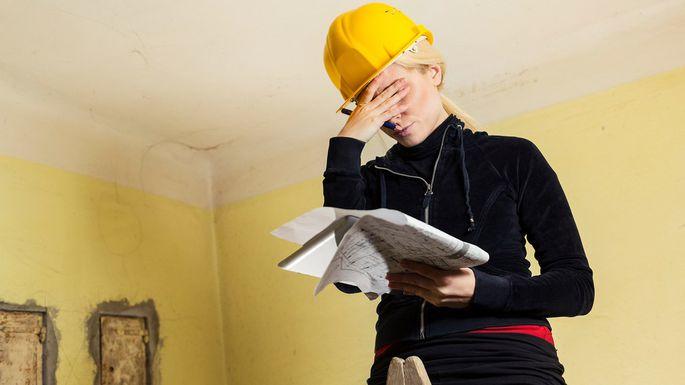
Fairview's Weinberg - the hard money lender, has become "increasingly selective with borrowers and deals," requiring flippers cough up a 40% down payment on a house. That said, he's competing with lenders who are handing out loans like mardi gras beads - with rehab costs included and a tiny (or no) down payment. Flippers can "can go in with no money, his pockets just blowing in the breeze," said Weinberg, adding "The lenders are going to be left holding the bag."
Bay Area software engineer Bryan Pham has also been flipping houses on the side - purchasing four during the slowdown. After last year's downturn, he paid $47,000 extra in loan extensions so that he could pull three homes off the market in the hopes of a housing pickup down the road. He thinks he'll take a $50,000 loss on one home he had listed for $1.1 million and took a month to go under contract.
"I’ve seen people make foolish decisions in the past and still make money," says Pham. "Now you have to be conservative."
Sean Pan, the aerospace engineer is pressing on - and has even started a blog and podcast about flipping homes. He plans to quit his job and focus on flipping full time. He says his biggest lesson came last year after trying to flip a home in Sunnyvale, California.
He thought he got a “sweet deal,” negotiating the $2 million asking price down to less than $1.8 million. He and his partners decided to go all out on the remodel. The project took longer than expected, and then the market went soft.
Pan couldn’t afford to wait for a rebound. The holding costs alone for three properties he was trying to dump totaled $30,000 a month. The home sold for less than $1.7 million, or more than $80,000 below what he paid for it. -Bloomberg
"When you buy these houses, you never think you’ll lose money," said Pan. "I fixed it up. It should be worth more, but things change."
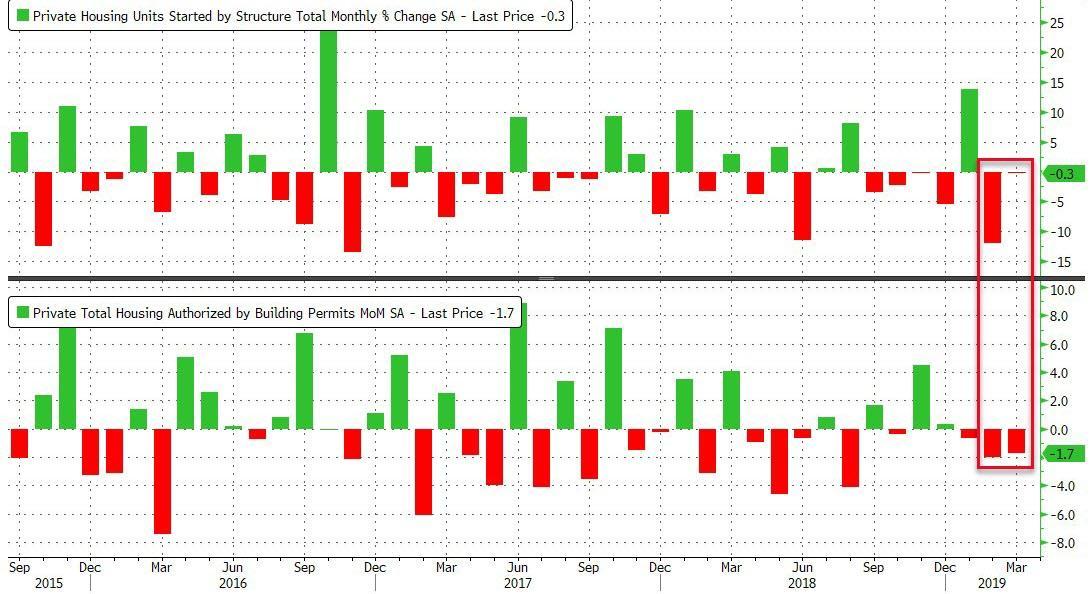
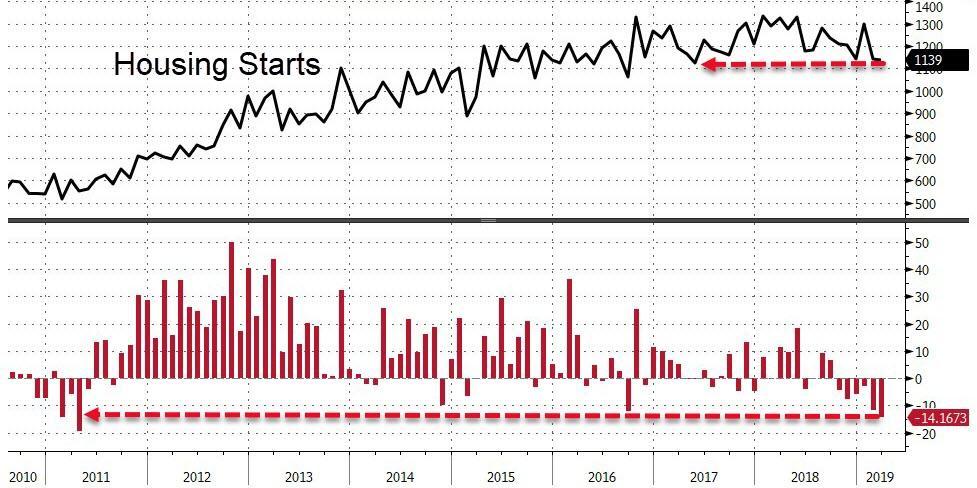
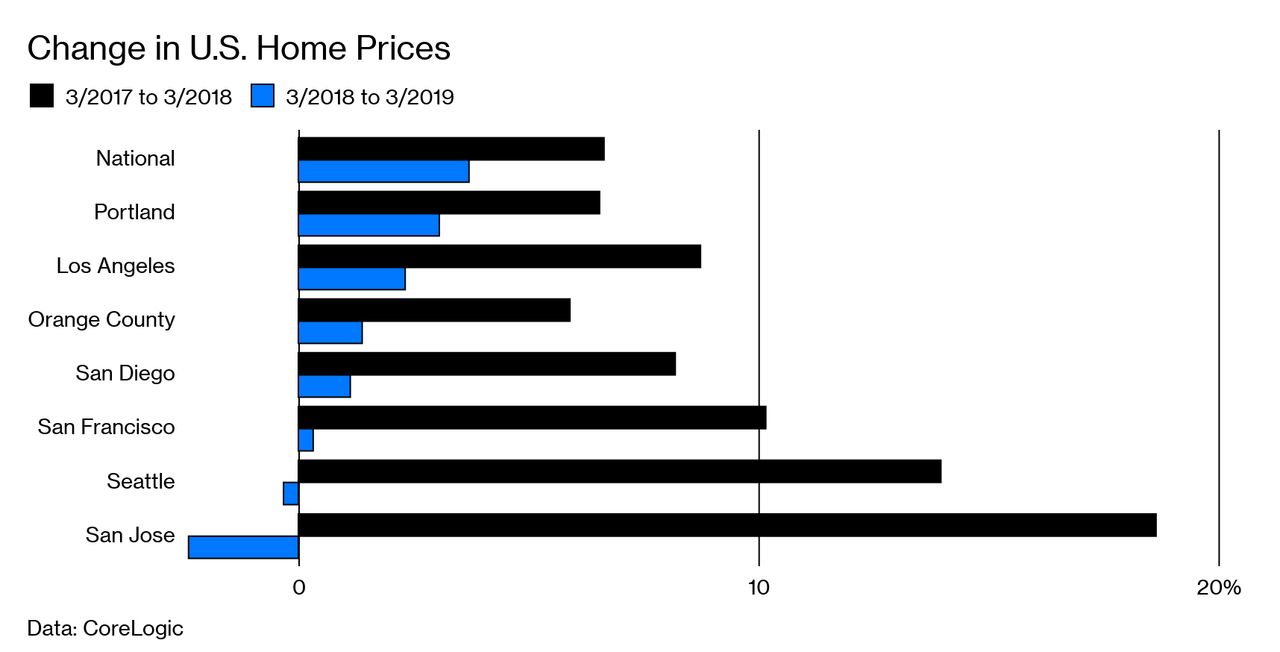
 選擇“Disable on www.wenxuecity.com”
選擇“Disable on www.wenxuecity.com”
 選擇“don't run on pages on this domain”
選擇“don't run on pages on this domain”

